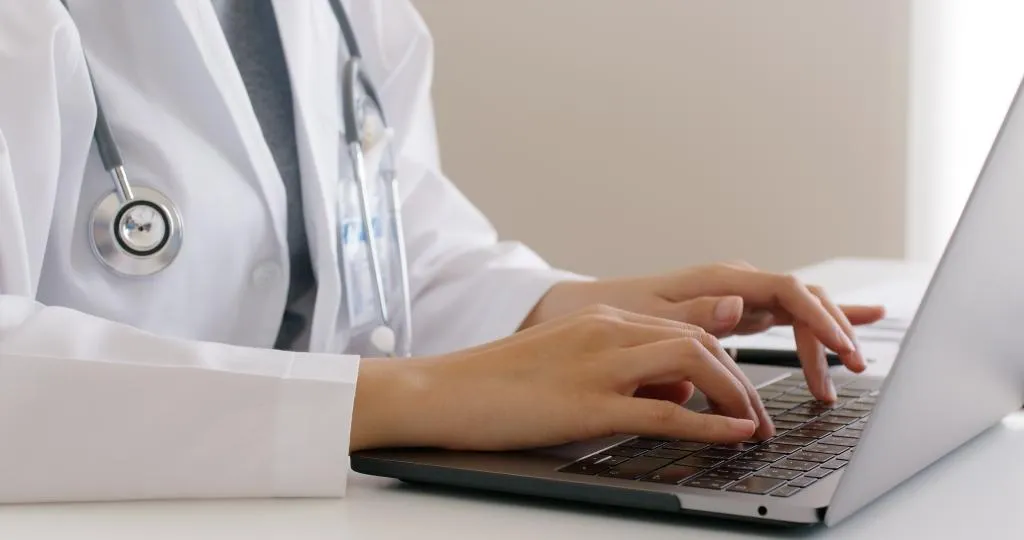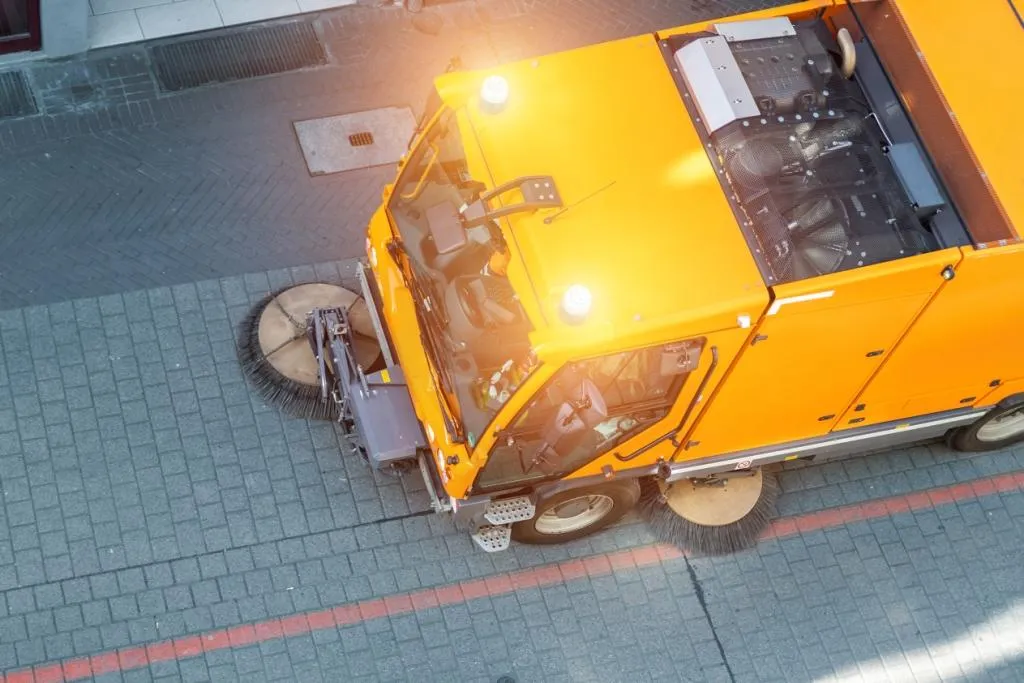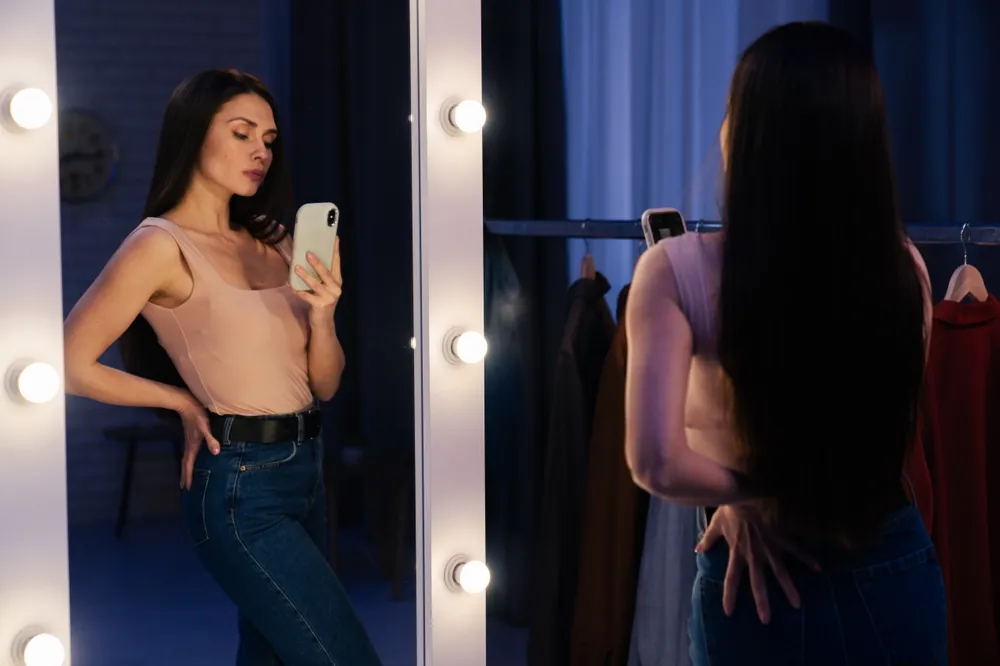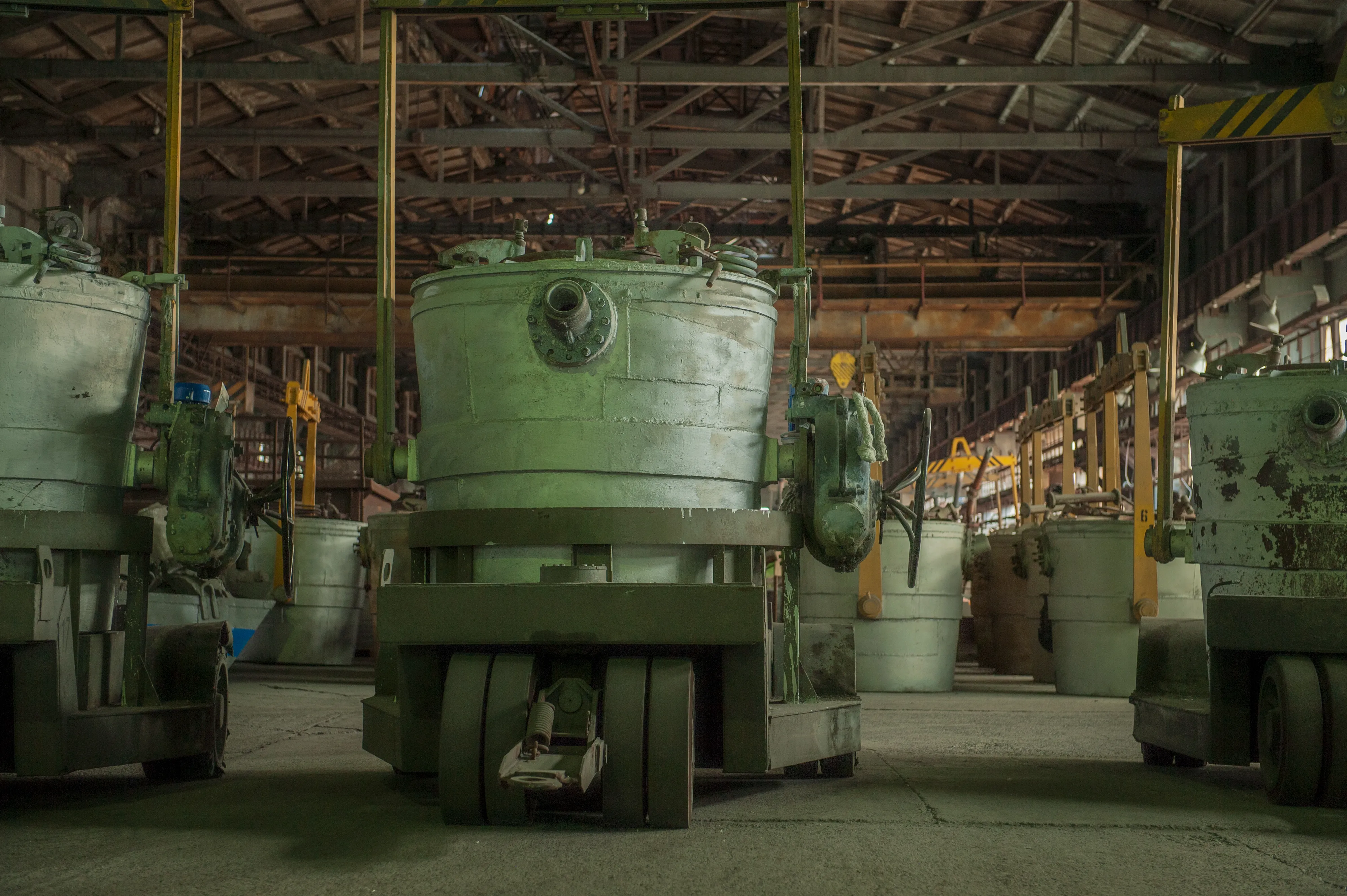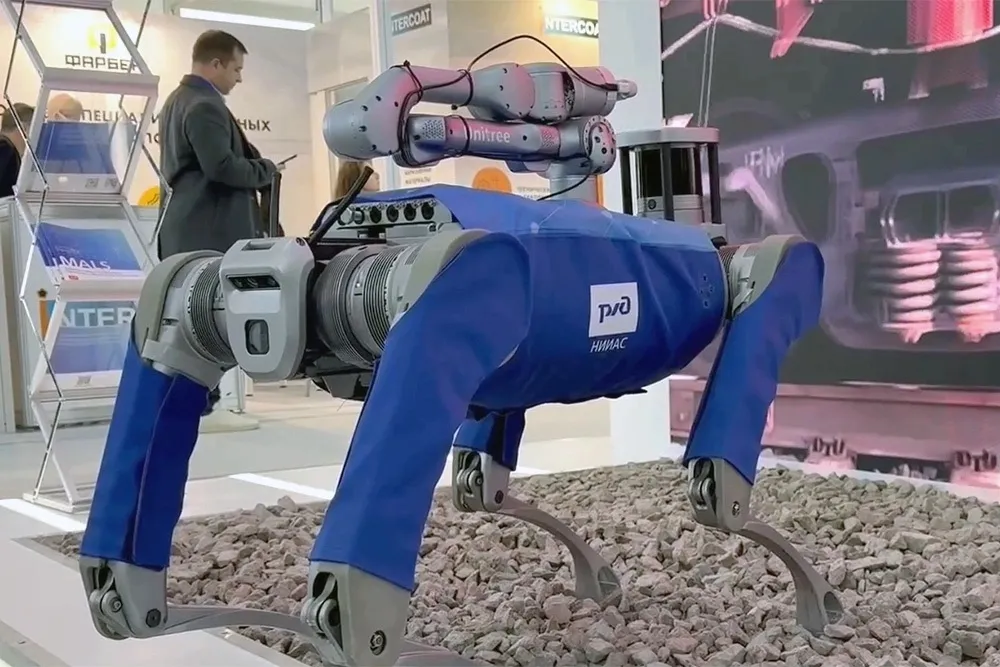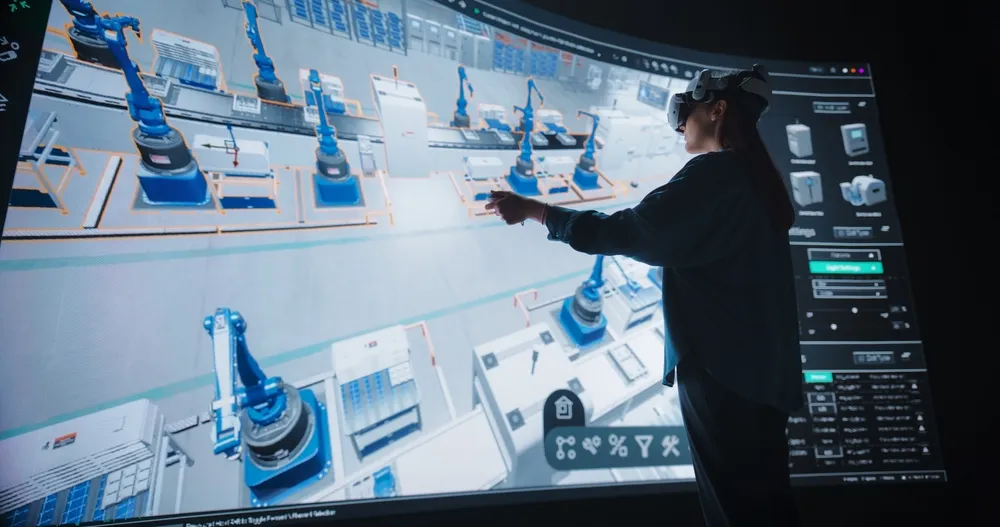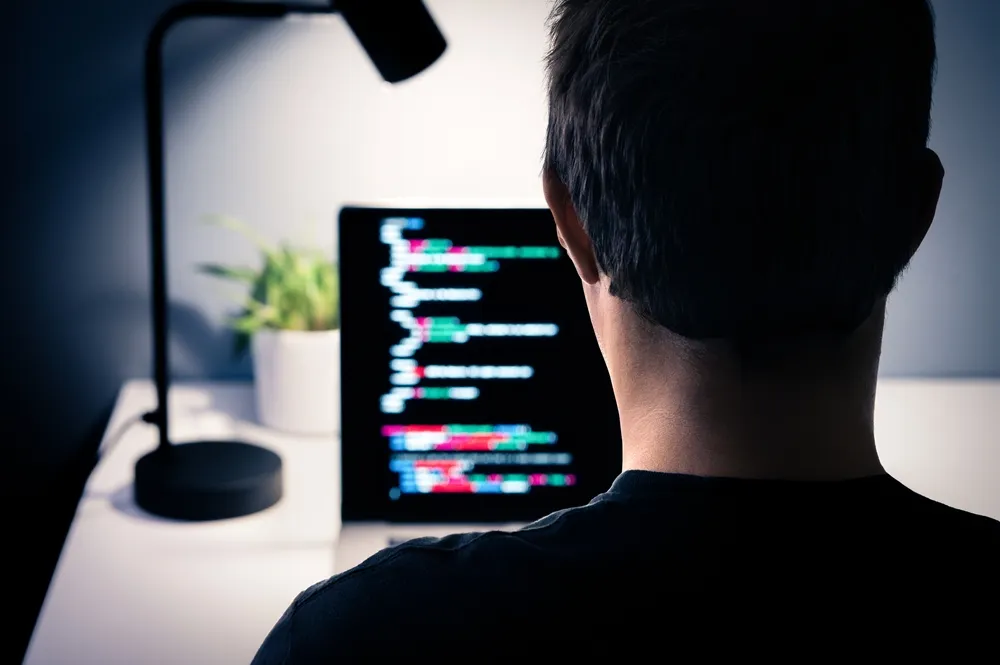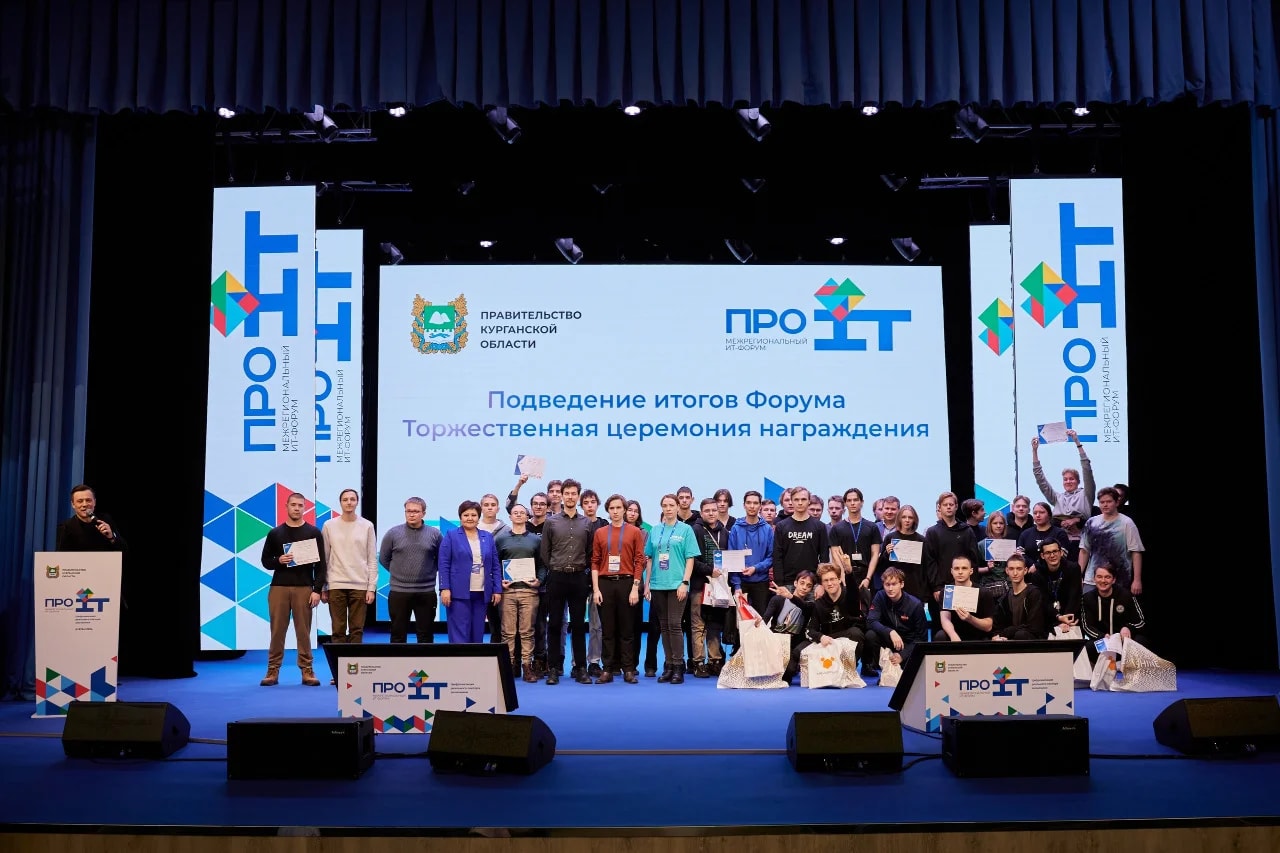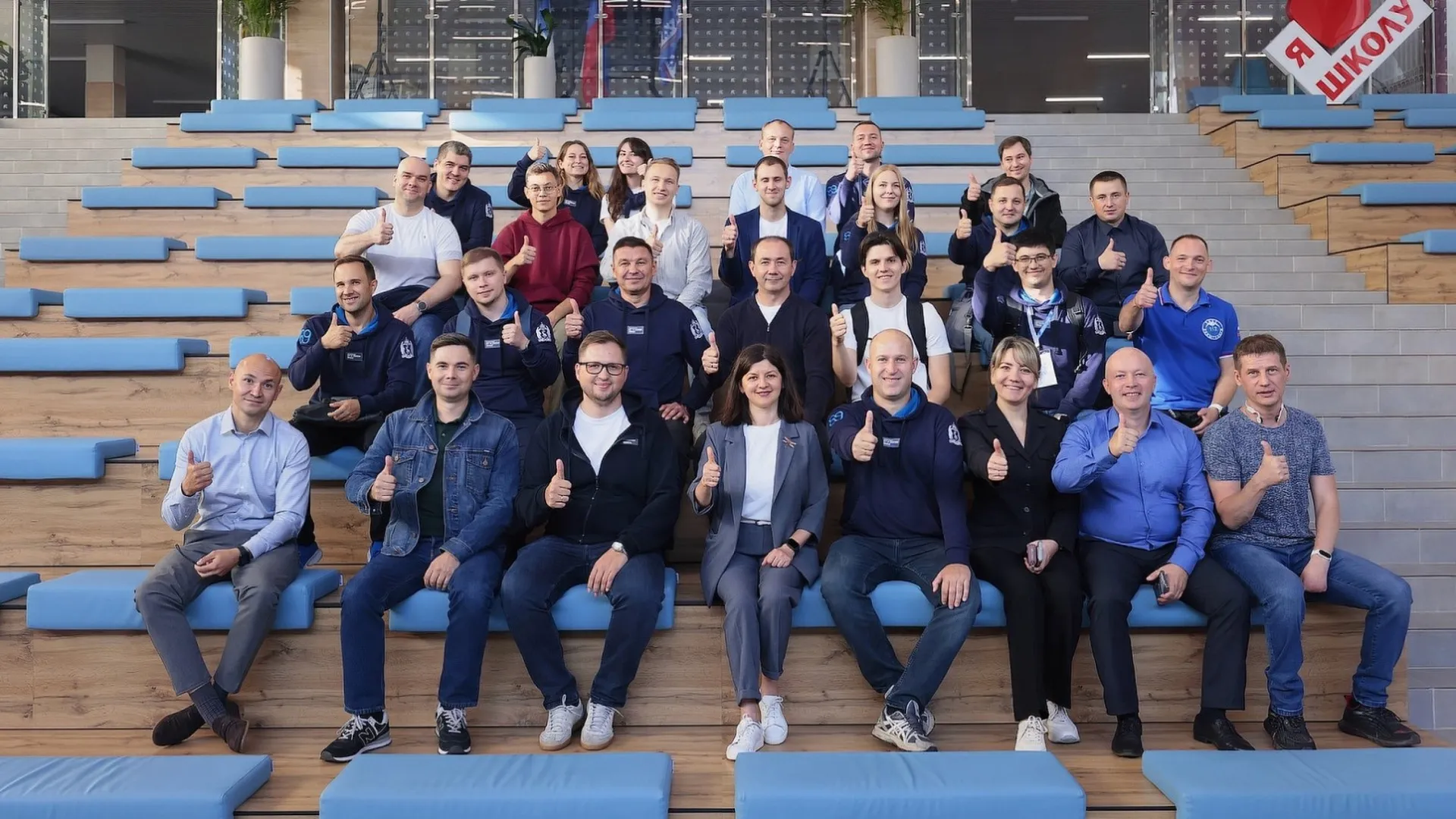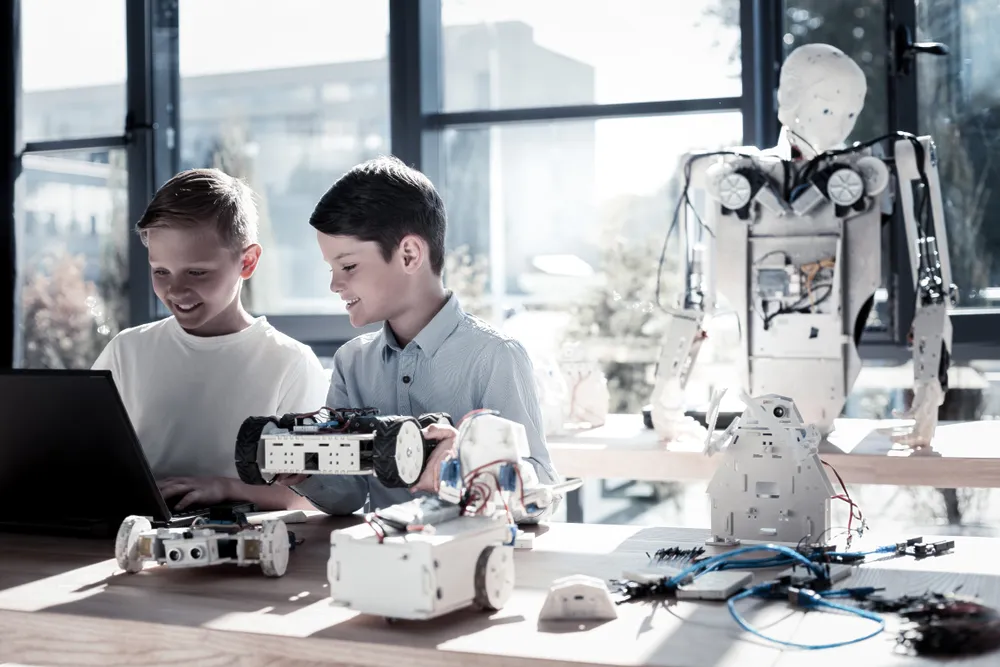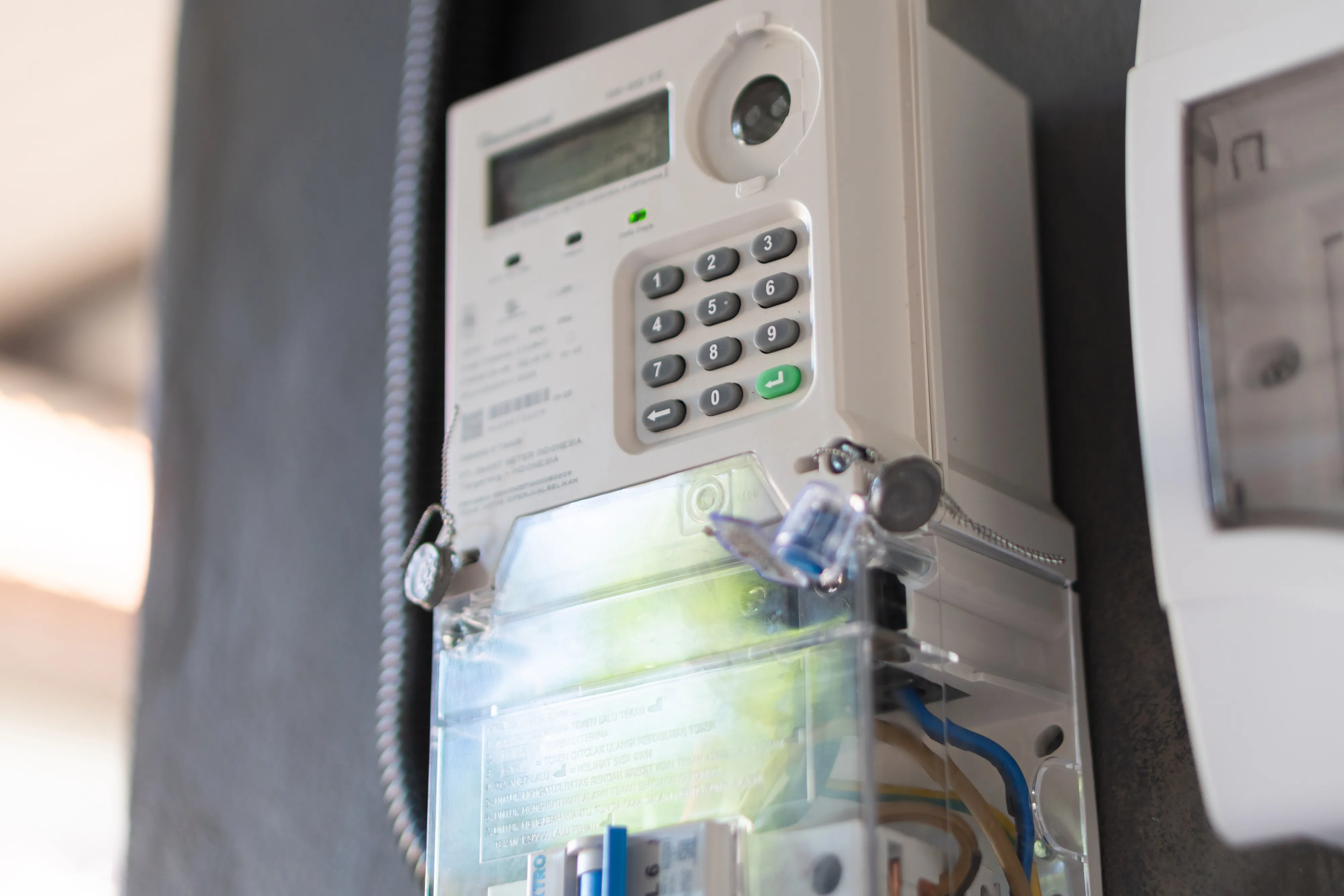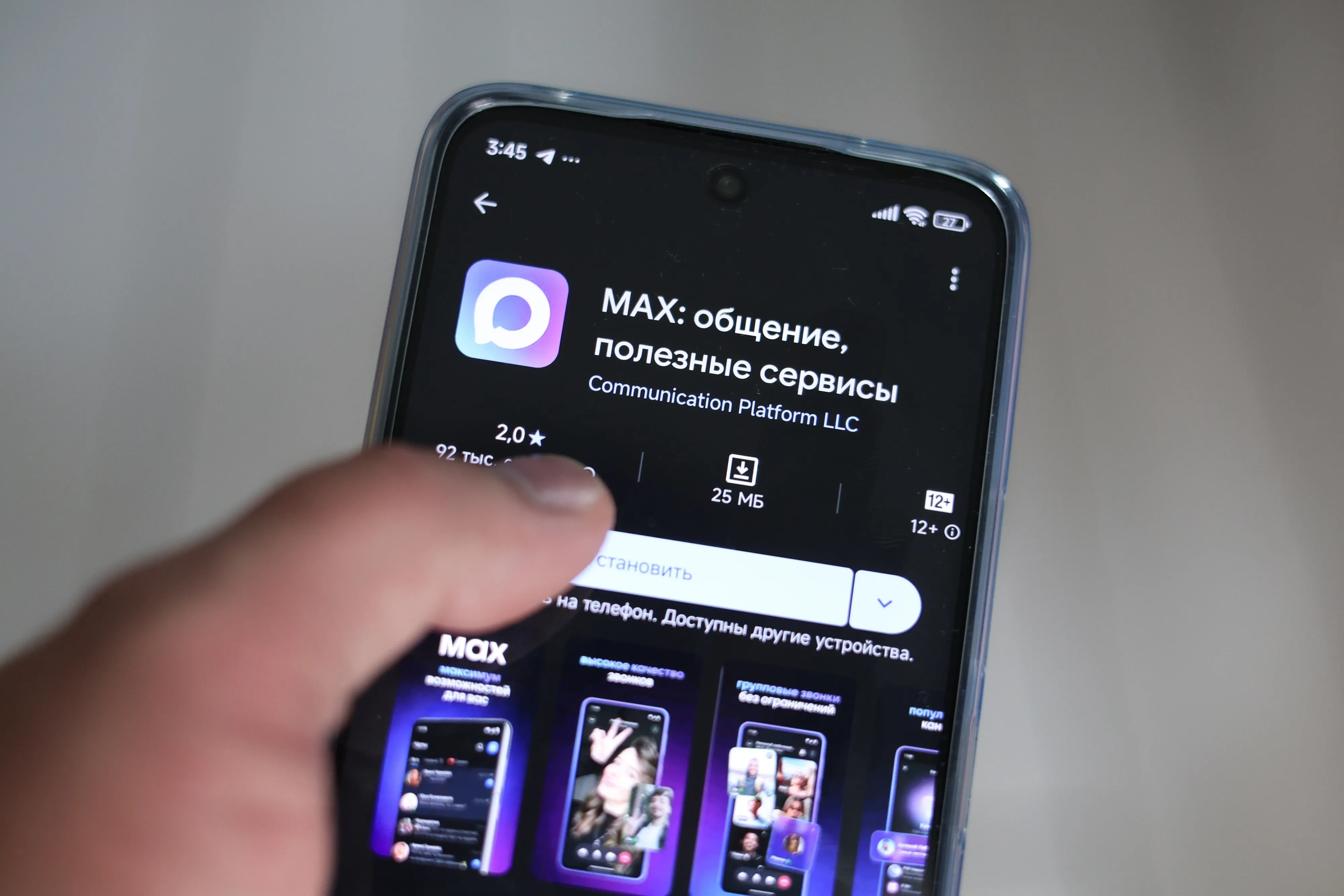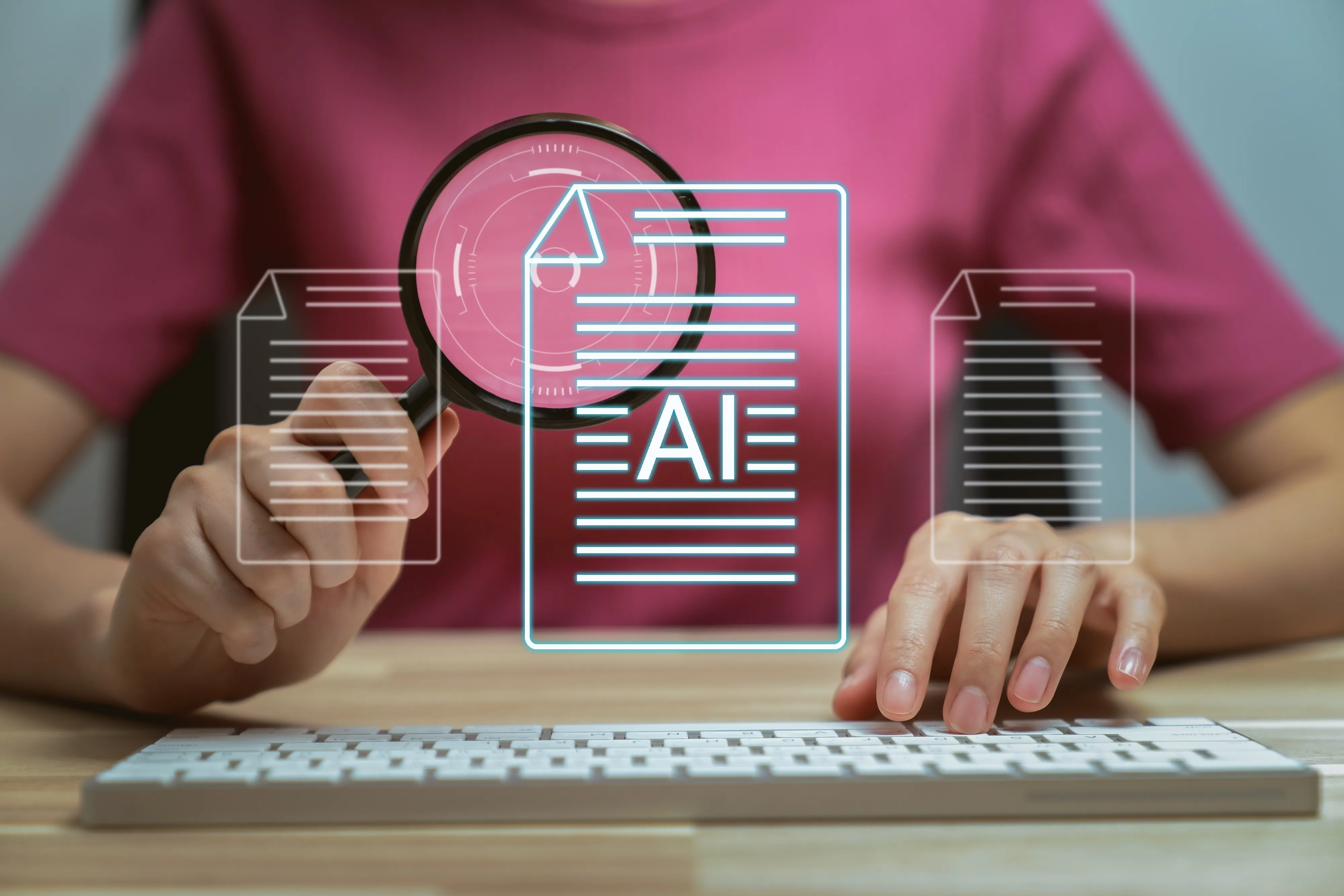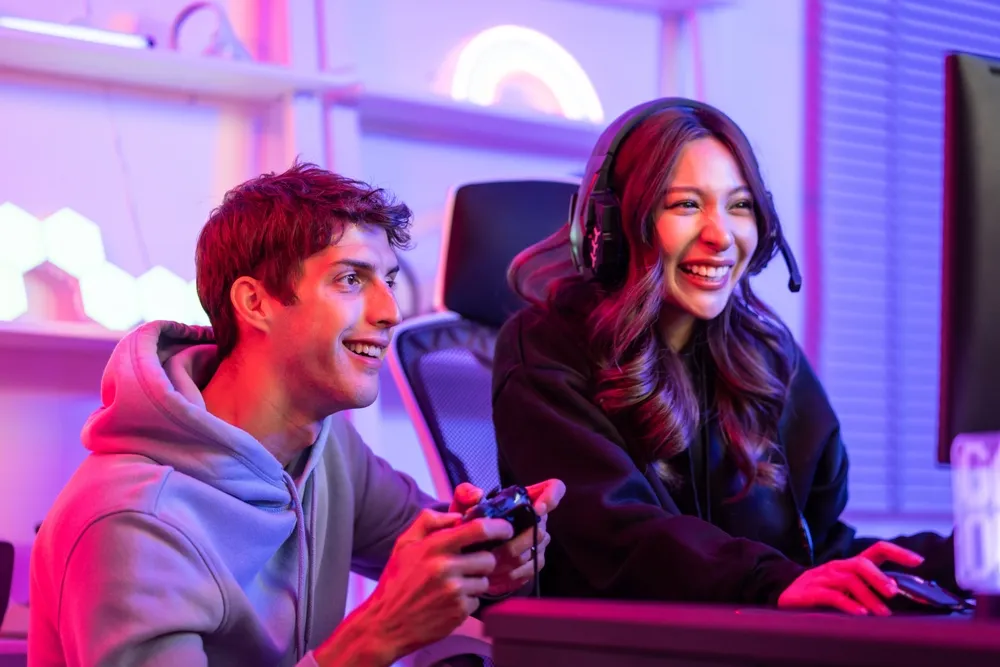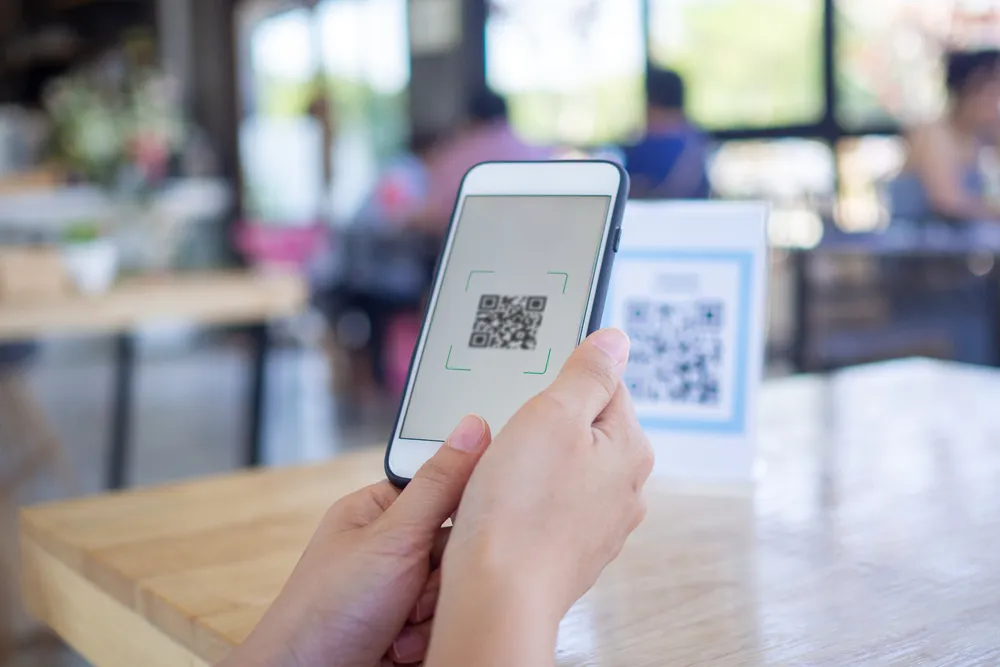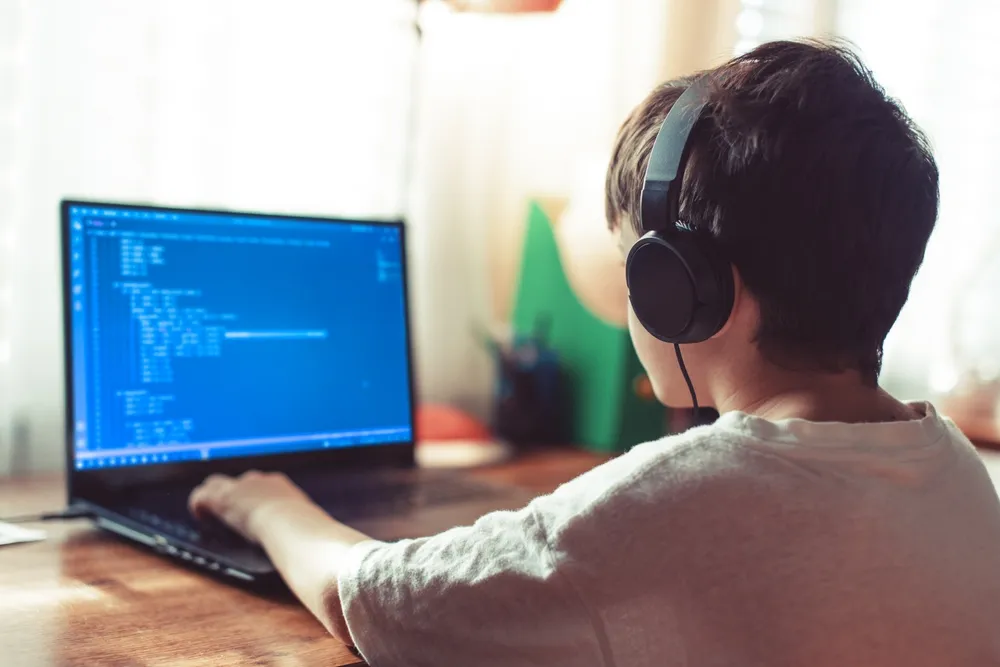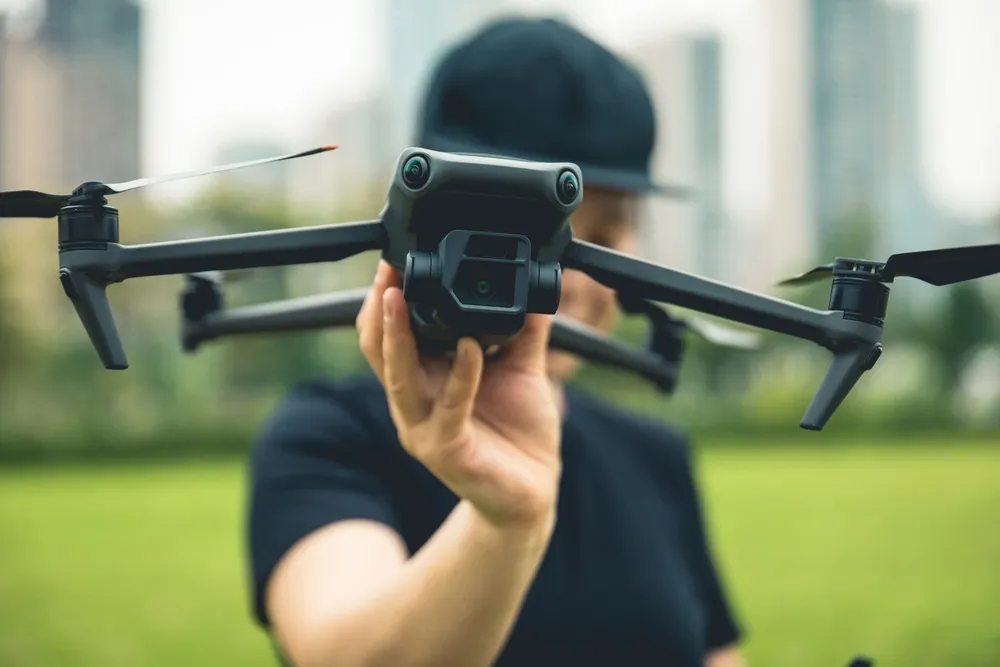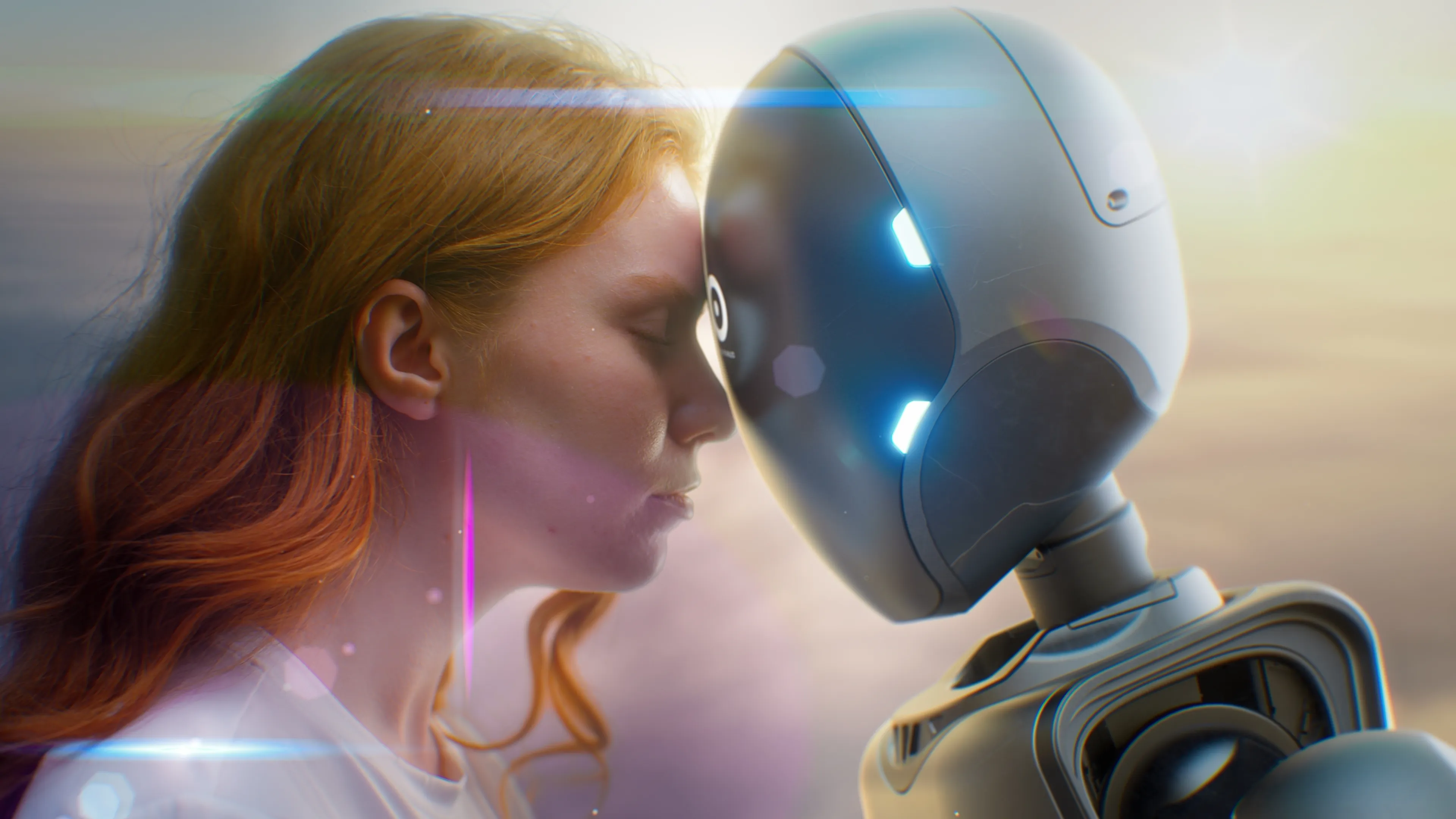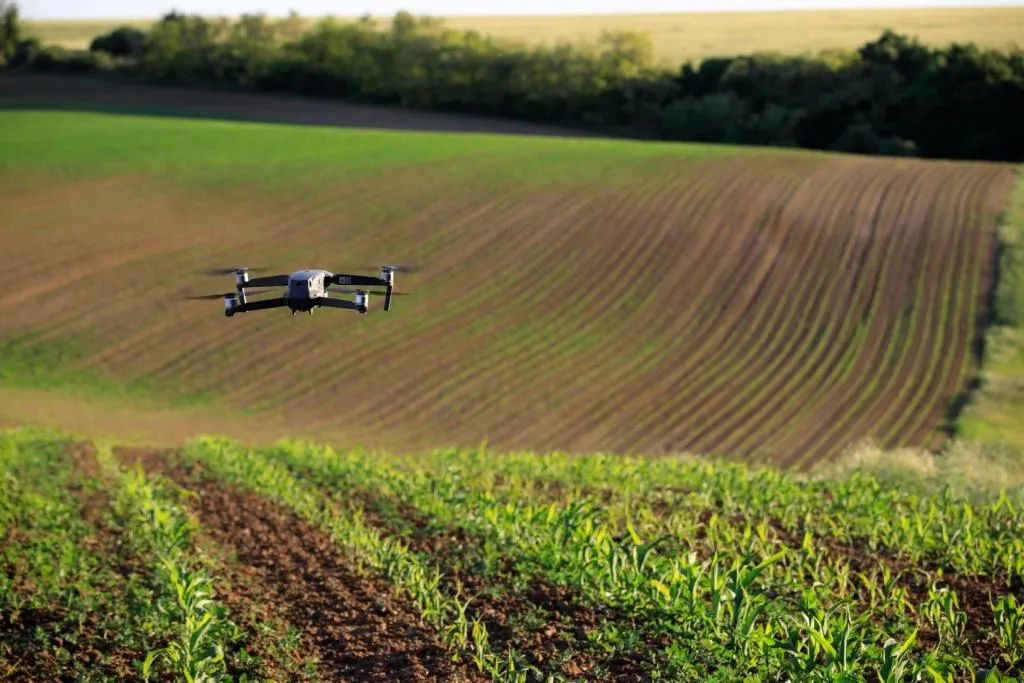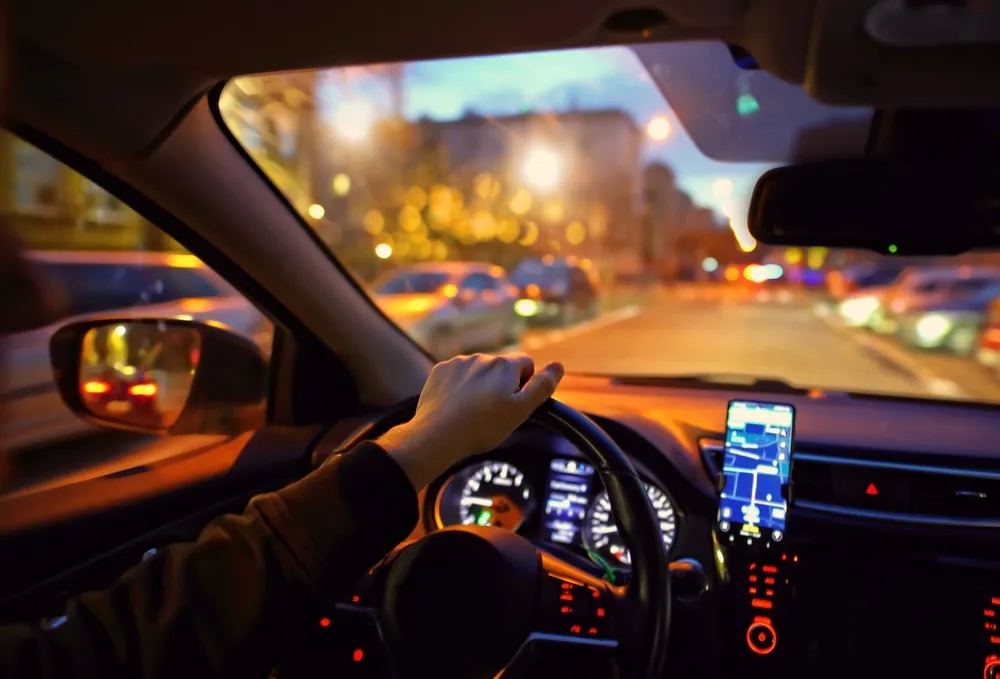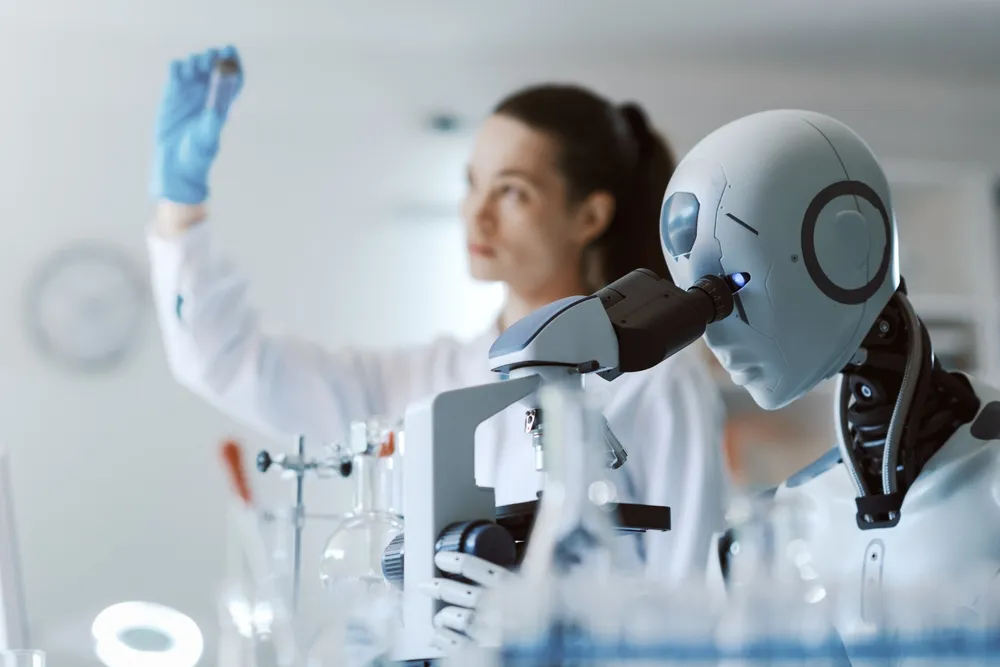Russia Builds AI App That Detects Scoliosis Using a Smartphone Camera
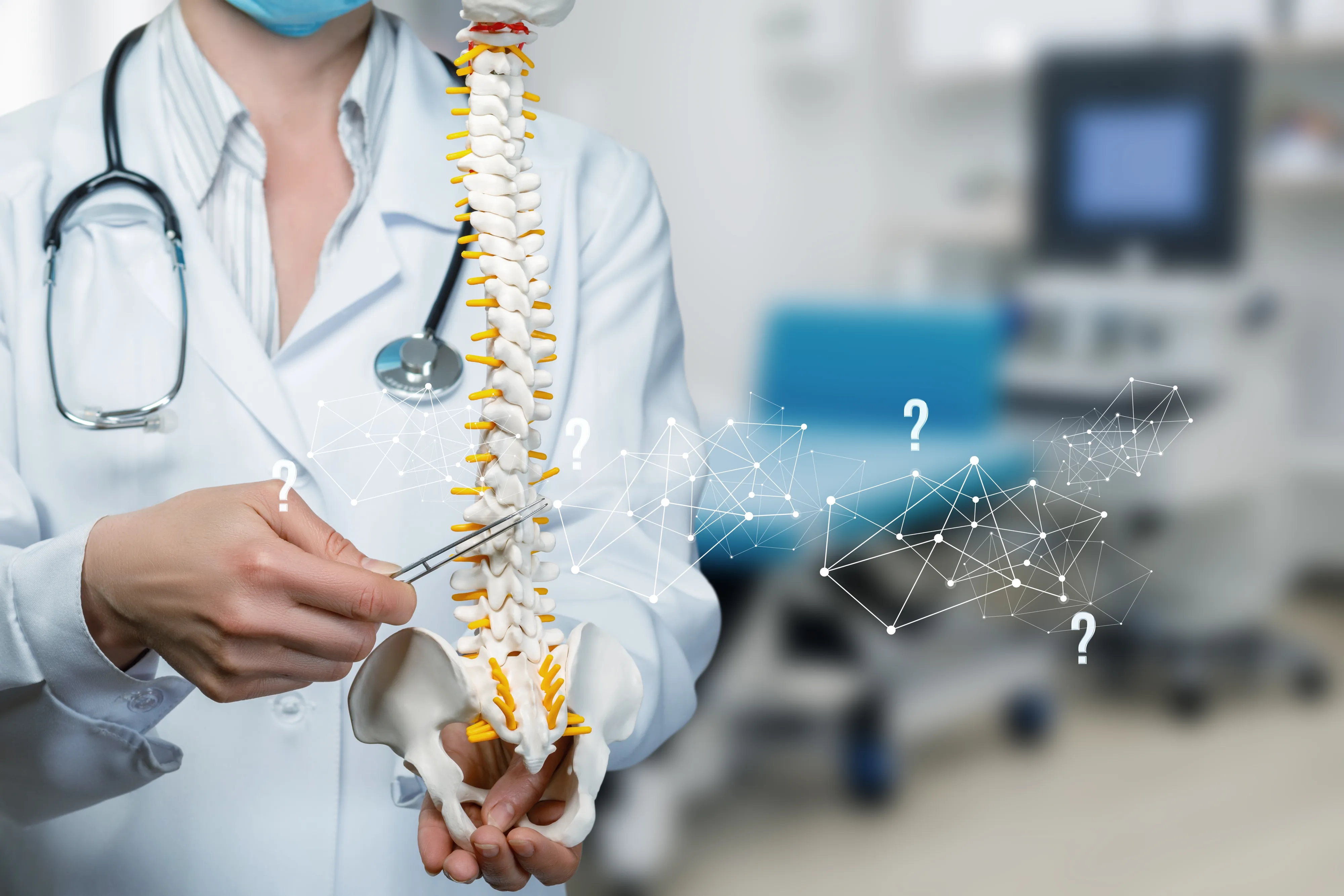
Researchers in Perm have created a low-cost, non-invasive way to spot spinal deformities early, potentially transforming school screenings and at-home health checks.
Scientists at Perm National Research Polytechnic University have developed a smartphone app that uses artificial intelligence to detect scoliosis and posture problems. The tool promises safe, fast, and accurate spinal screenings in clinics, schools, or even at home—without the cost or risks of traditional methods, according to TASS.
Current diagnostic tools like CT or MRI scans expose patients to radiation and aren’t suitable for frequent monitoring, especially for children and pregnant women. Advanced 3D imaging systems are more accurate but remain expensive and difficult to access. Early detection, however, is crucial to prevent severe complications.
The Perm team trained a neural network to analyze spinal alignment through two modes: a quick assessment using a single photo and an advanced option that builds a 3D model from video footage. The AI automatically measures critical parameters, including spinal curvature angles, rotation, and asymmetry.
In clinical testing with 166 children, the system’s results matched those of computer optical topography—one of the most accurate non-contact methods available.
Researchers say the technology could be rolled out for school health screenings, telemedicine consultations, and long-term monitoring without radiation exposure, making scoliosis detection more accessible than ever.


